|
Adrian Tchaikovsky, Children of Memory, Tor, 2022. Audiobook available. Children of Memory is the third instalment in the scifi series by Adrian Tchaikovsky which started with the Clarke Award winner, Children of Time. Like its predecessors, it offers a thoughtful and inventive take on progress, humanity and communication. The review is spoiler free and is followed by a Q&A with the author about his series. The Q&A includes spoilers for all three volumes in the series, but a large red banner will warn you that you enter spoiler territory. Heorest Holt was the captain of one of the arkships sent by Earth in a desperate attempt by humans to survive. The planet they arrive to should have been terraformed, but the process was left unfinished. Nonetheless, Holt and his crew are determined to build a colony and survive. In the meantime, the former human Avrana Kern gathers an unlikely team--octopi, Portids, the Nod entity and a pair of maybe-sentient corvids--to find the surviving human colonies. Children of Memory isn't the best entry point in the series since Tchaikovsky builds on situations and civilisations from the previous volumes. For returning readers, it's a joy to meet Kern again who is as abrasive and arrogant as she's always been. The Nod entity is back too, and often takes centre stage. Named Miranda, she explores this brave new world while still questioning herself and she's fascinating to read. Nonetheless, it's the new characters, the pair of corvids, who stole the show for me. Their sentience is questioned by everyone in Kern's crew because they have to work in pairs to achieve not only meaningful action, but also meaningful thought. A couple of chapters are written from the corvids point of view and were a delight to read to me as they're bright, sarcastic and have neurodivergent traits. The colonists provide an interesting gallery of characters, showcasing humanity, not really at its finest, but determined to survive. Liff, a child of the colony, is from the start an intriguing character and it's around her that things start to unravel. The mystery is the central point of the novel. It provides well written twists which fit the SF tradition the series builds upon. I particularly enjoyed some of the moments of confusion, when the answer is staring you in the face yet you cannot see it. Tchaikovsky uses this mystery to explore the lengths desperate humans can go to. Xenophobia, paranoia, mob rule, leaving people behind... At times, it's not a pretty sight, but sadly, it's a familiar and realistic one. Nonetheless, Children of Memory offers, if not hope, at least solace and the joy of new discoveries. As ever in the series, communication, hybridation and progress are major themes. They're explored with the thoughtfulness and inventiveness that characterise Tchaikovsky's novels. Children of Memory is, like Children of Time and Children of Ruin, an ode to meeting the unknown and embracing change. The novel's pace offers an apparent twisting path, but with hints that come steadily and then reveals that add up, one after the other, to untangle the mystery. Miranda's musings offer some quiet moments while the corvids banter can come as a comic relief. The ending provides satisfying answers and opens the possibility of more adventures. Children of Memory is another excellent addition in the series. Although it shouldn't be your point of entry, it'll delight previous readers of the series by exploring always further the themes and introducing fascinating new characters. Q&A with Adrian Tchaikovsky
Adrian Tchaikovsky kindly accepted to answer my questions about the animals in the Children series. Please note that it includes spoilers for Children of Time, Children of Ruin and Children of Memory. Spiders, ants, octopi and corvids. How did you choose the animals who would feature in the trilogy? The species involved are all remarkably intelligent. They are, as they exist on Earth, good candidates to become a fully sapient species. Octopuses and corvids are notoriously intelligent tool-using species. Portiids were found, in some remarkable research, to possess cognitive powers vastly exceeding expectations given how small and neurologically simple they are. So honestly I’m mostly following the science. How did you balance science research and speculation to create your bestiary? CoT was inspired entirely by the research of Dr Fiona Cross & others. CoR drew heavily on Godfrey-Smith’s Other Minds, and I read several books on birds for CoM (as well as refamiliarizing myself with Irene Pepperberg’s parrot work, which I remembered from university). In all cases, having digested those starting points, I let my imagination run through the permutations of how those current cognitive capabilities might expand and develop, given the chance. The process is similar to more freeform worldbuilding after a certain point – it’s just that the original foundation is constrained by real-world understandings rather than created out of whole cloth. The question of the corvids sentience is asked repeatedly in Children of Memory. Yet, some of their traits remind traits of neurodivergent people. Their "otherness" is questioned by Avrana Kern in particular. Was it a way for you to explore the many different ways a brain can function or a way or to explore what humans consider as other (which is a recurring theme in the novels)? The corvids-as-neurodivergency is addressed in the book, I think – specifically it’s a case where the chance origination of a specific neurodivergent setup within the species allows them to survive the harsh environment they find themselves in, and so becomes the dominant mental structure for the species. The prevalent narrative for neurodivergency in fiction is often people struggling to fit in, against a wider society that doesn’t work in the same way – it’s often seen as a ‘modern’ problem that either didn’t exist in the past or where neurodivergent people just wouldn’t have been able to survive without modern allowances. I’ve been fascinated by the suggestion that various neurodivergent traits might have been enormously useful to a community – someone who thinks differently, or who can hyperfocus on a task (making stone tools is one I’ve seen mooted), say. How did you decide on the ethics of the various animal societies in your bestiary? As with most of the elements of their cultures, the ideas arose organically from prior decisions I’d made, and from the research. In the cases of spiders and octopuses, this was particularly because I was dealing with inherently solitary animals becomes a society, which is going to require a lot of accommodation and compromise over time. This comes out in the sexual politics of the spiders, which are still quite brutal even when they have a very complex society, and by the fact that the octopuses are very standoffish with each other even when they’re gadding about in spaceships, delegating the mundane inter-individual interactions to their capable subconscious cognitive elements. The octopi language in Children of Ruin delighted me, even more than the spider language in Children of Time. How did you devise fictional linguistics based from actual animal communication? The octopus cognition almost broke me, honestly. And communication is a huge part of that. It’s by far the most alien mental model I’ve ever attempted (and that includes the slime mould-style intellect from Nod). But like everything else, you start with what is and extrapolate, and try to find a system that makes sense, and fits the evidence, and leaves room for fun narrative. The trilogy is an ode to communication, hybridation and progress. But apart the Nod entity and the machine in Children of Memory, all that humanity ever encounters is sentient life they already knew on Earth, albeit in an augmented state. Even the alien machine found in Children of Memory takes the form of a wolf. Why were animals the best characters to question humanity? I mean, the next book in the series might have blaster-wielding bug-eyed monsters, who knows? Nod is a world with a full non-Earth ecosystem, as well as the entity itself, so I’ve certainly opened the door to spontaneously arising alien life in that universe, as well as terraformed Earth-derived worlds. Animals (and especially the animals most people don’t like) have always been an enormous part of my world, though. I grew up on nature documentaries, David Attenborough was my hero. Animals are just inherently interesting. And especially so once you start diving into the complexity of their behaviour, which always turns out to be so much more intricate than you’d think, even with relatively simple creatures. Many thanks to Adrian Tchaikovsky for his time and his answers! If you've enjoyed Children of Memory, you might also enjoy
Comments are closed.
|
All reviews are spoiler free unless explicitly stated otherwise.
I only review stories I have liked even if my opinion may be nuanced. It doesn't apply for the "Novels published before 1978" series of blog posts. Comments are closed, having neither time nor the inclination to moderate them. |
WHAT IS THE MIDDLE SHELF?
The middle shelf is a science-fiction and fantasy books reviewS blog, bringing you diverse and great stories .
PLEASE SUPPORT AUTHORS.
IF YOU LIKE IT, BUY IT. |
ON THE MIDDLE SHELF
|
KEEP IN TOUCH WITH THE MIDDLE SHELF
|
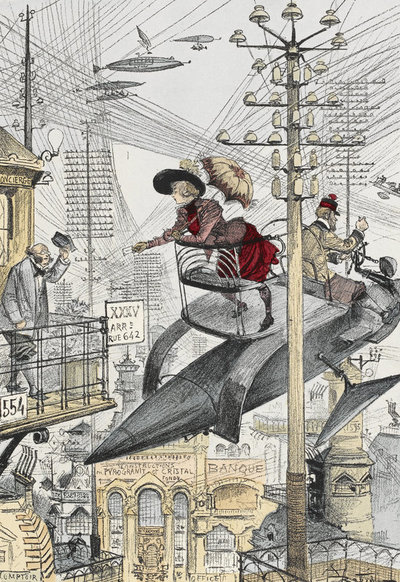
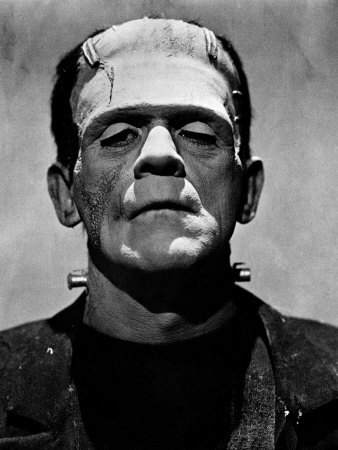
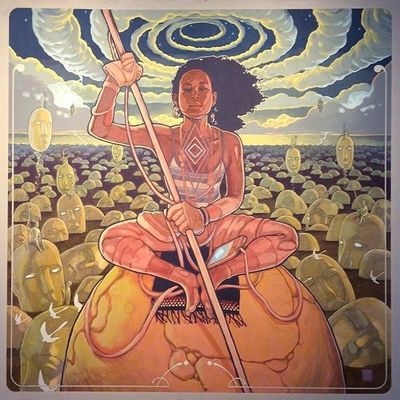
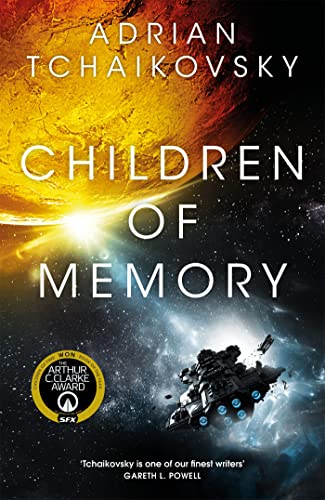
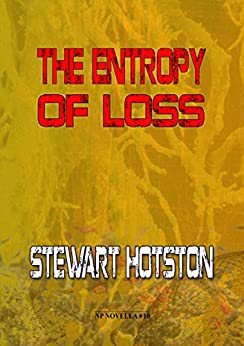
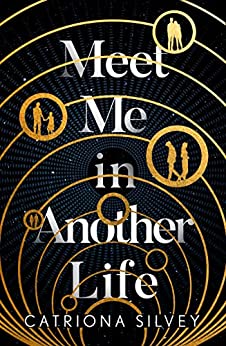
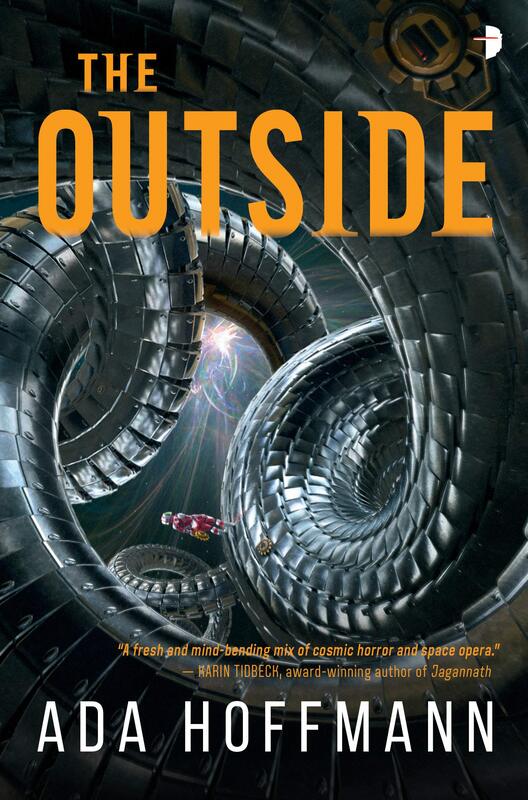
 RSS Feed
RSS Feed
